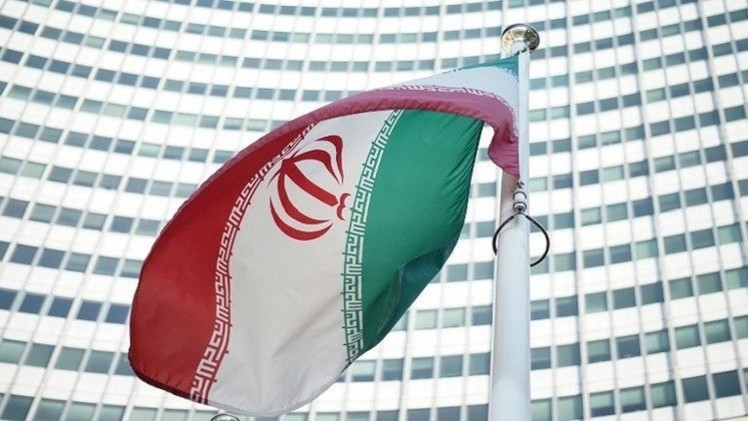“A Raisin in the Sun” Interwoven Identities in a Cinematic World

Prepared by the researcher : MAJDA EL MOHAMMADI – Student – Mohammed I University, Oujda Kingdom of Morocco
Democratic Arabic Center
The film “A Raisin in the Sun,” released in 1961 and directed by American filmmaker Daniel Petrie, is based on the play written by Lorraine Hansberry, sharing the same title, which premiered on stage in 1959.
Through an initial reading of the title, it captures attention and sparks curiosity for critical viewers. As they contemplate its meaning, the audience is faced with numerous questions, inviting them to ponder its significance and allowing for multiple interpretations. Some may see the raisin in the sun as a symbol of maturity and prosperity, while others may connect it to life’s challenges symbolized by the “sun,” reinforcing the idea that life can flourish even in the toughest conditions.
The question arises : does the title blend symbolism and culture ?
The film serves as a cinematic work reflecting the painful reality of African Americans who lived through the period between the late fifties and early sixties. It is an artistic piece distinguished by depth and complexity, shedding light on issues of social justice and cultural identity. It stands as a significant work with a profound impact on both cinema and society, focusing on issues that touch on humanity in general and blackness in particular. Rich in identity details, the film portrays characters as symbols of strength and dignity for African Americans.
The film’s protagonist, Lena, nicknamed “Mama,” is a strong character drawing strength and wisdom from her deep past. Her Christian values are highlighted in her speech, conveying messages about living with dignity without relying on others, as seen in scenes like the grocery store with the “rotten apple.” Despite difficulties and obstacles, she still looks forward with a kind of hope and seeks liberation from hardships.
As a viewer and reader of the narrative of this cinematic work and the intricacies of its story, it can be said that characters like Beneatha and Asagai, though secondary, play important roles in highlighting identity and African heritage. The relationship between Beneatha and Asagai symbolizes ascent, mutual understanding, and respect. It illustrates how personal relationships can shape identity and influence decisions.
Beneatha’s desire to attend college for education and goal achievement reflects the evolution of women in that period and her interest in various cultures, especially African society. She is a complex character from the start, facing internal conflicts manifested in American and African cultures. However, this conflict ultimately shapes her identity path, particularly through her encounter with Asagai, a Nigerian student in the United States. Asagai, representing African culture, maintains his Nigerian identity within the narrative through his use of Nigerian words « btha no » and discussions about Nigerian heritage, as evident in his gift of authentic Nigerian attire to his girlfriend, Beneatha. These seemingly simple details carry deeper symbolisme, affirming Asagai’s character as someone who respects and cherishes his culture.
Beneatha, as a critical study of her character, is indeed complex. Her internal identity struggles can prompt questions such as :
– Do Beneatha’s actions or thoughts indicate internal conflicts related to identity? Is she facing challenges in understanding herself and determining her place in society ?
– Does the individual wonder about Beneatha’s pride in her African identity? Does she consider it a part of her personal formation, or is it merely a reaction to racial discrimination and societal pressures ?
– Can racial discrimination and the family’s financial problems encourage Beneatha to seek a new identity? Does this manifest in her decisions and thoughts?
– Can the romantic relationship be a key factor in shaping Beneatha’s mental and cultural image ?
In conclusion, “A Raisin in the Sun” is a cinematic masterpiece that delves into the complexities of identity, culture, and societal challenges faced by African Americans. The characters, particularly Lena, Beneatha, and Asagai, contribute to the richness of the narrative, offering a profound exploration of personal and cultural identity in the context of a changing society.




